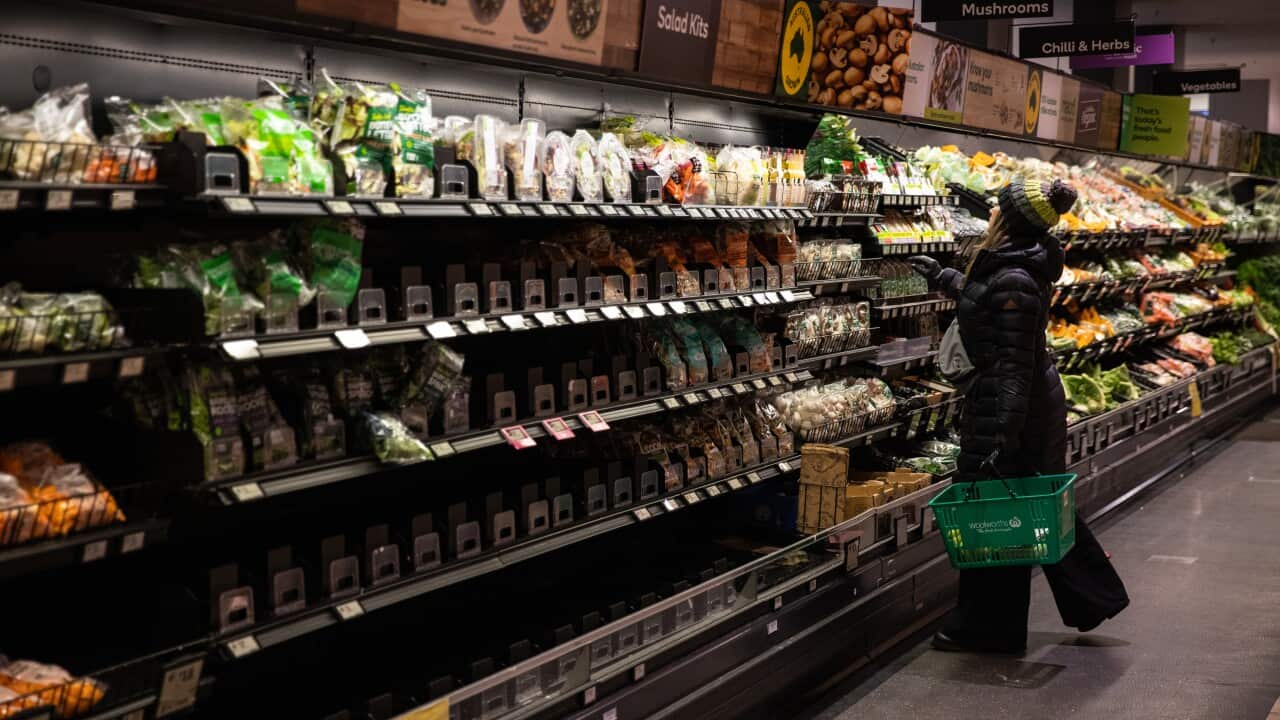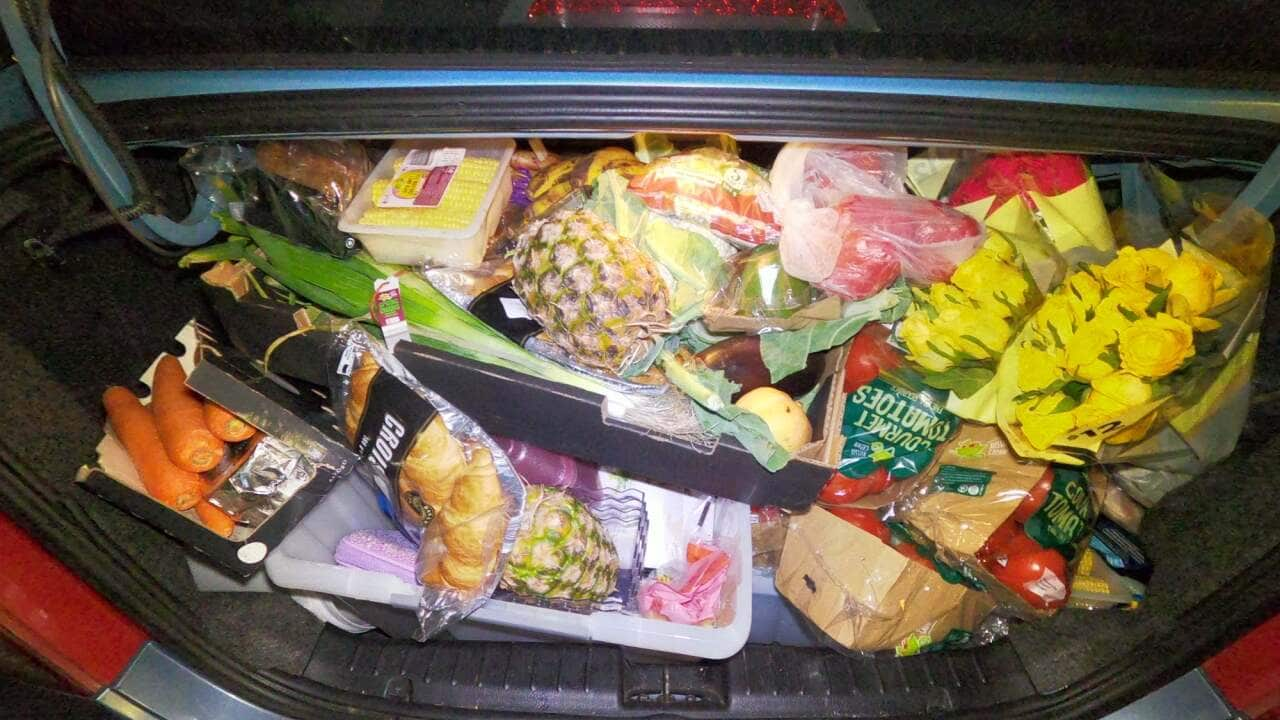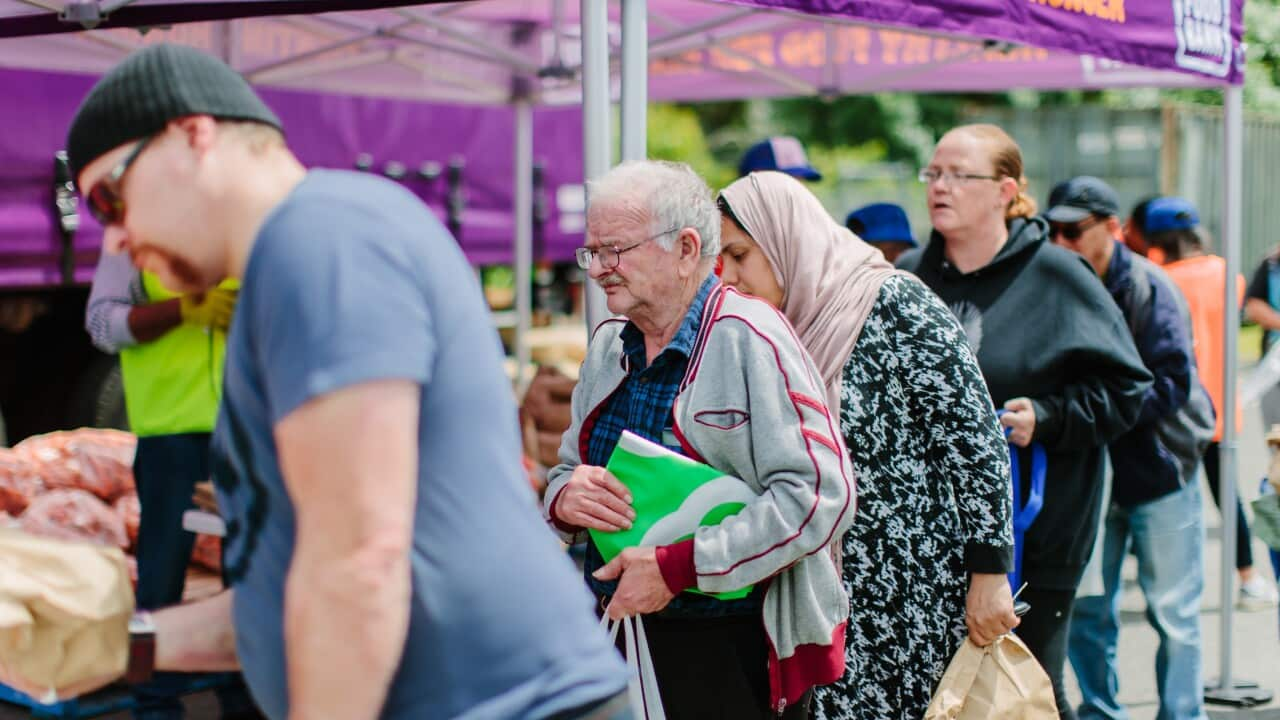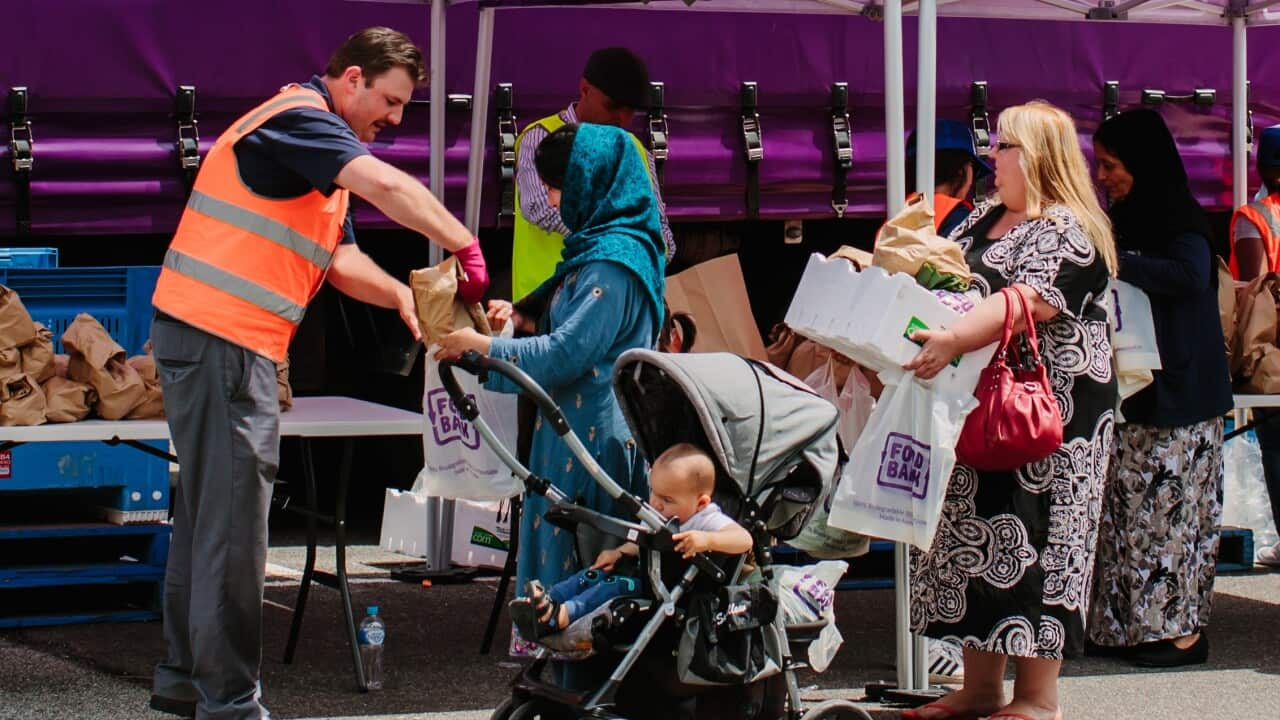Key Points
- According to new data, four in 10 Australians are experiencing some form of financial difficulty.
- NAB’s latest Financial Hardship report says this is the highest rate since the start of the pandemic.
- Advocates say resources available are "inadequate" and are calling on the government to increase support.
Alexandra Paine is used to living on a budget.
The 23-year-old Victorian woman has been receiving Centrelink payments since she was 15 and has several disabilities including multiple sclerosis (MS) and Ehlers-Danlos Syndrome (EDS), which means she is unable to work, takes daily medication, and has to regularly attend doctor's appointments.
While money has always been limited, over recent months Ms Paine's expenses have gradually become less manageable.
"I've had a lot of times where I've had to choose between bills and doctor's appointments because I can often only afford to pay one," she said.
"I also have a lot of dietary requirements as a result of my conditions which makes food expensive because I can't just buy everything home-brand.
"I'm very good at budgeting, but at the moment I'm still spending around $150 a fortnight on groceries, and that's with cooking bare-minimum, cheap recipes."
She is also concerned about the possibility of being forced to move when her lease ends.
"It's really stressful," she said.
"Trying to find somewhere new when prices are so high and I have a pet and requirements with my disabilities ... and I know I will never buy a house, it is just not even in the picture for me."
Ms Paine is just one of many Australians struggling to make ends meet amid an ongoing cost of living crisis, with new data showing financial stress levels have hit the highest levels since the start of the COVID-19 pandemic in 2020.
Highest level of hardship since start of pandemic
According to NAB's Financial Hardship report, released on Friday, four in 10 Australians are experiencing some form of financial difficulty.
NAB said the report revealed a "shift in personal finances", with a quarter of Australians saying they're becoming increasingly concerned about making ends meet, and 21 per cent identifying money as a "significant cause of stress".

According to the Foodbank Hunger Report 2022, a third of Australian households are experiencing food insecurity. Source: Supplied / Foodbank
One in 20 respondents was struggling to meet home loan obligations, compared with one in five people who had missed paying a bill in the past three months.
According to NAB, 21 per cent did not have enough money for an emergency, and 16 per cent were unable to afford food and basics.
The cost-of-living crisis is hitting rural and regional areas harder than capital cities, and financial difficulty was more common among 18 to 29-year-olds and 30 to 49-year-olds than older age groups.
Brianna Casey, CEO of hunger relief charity Foodbank Australia, said workers on the ground are seeing an increase in both the number of people requiring assistance and the frequency.
"Tonight, 500 000 households are going to struggle to put a meal on the table; that is higher than the numbers that we saw during the height of the pandemic," she said.
"Despite us experiencing record highs in terms of demand of food relief at the moment, I don't think we are at the top of the demand cycle ... the combination of cost of living crisis and ongoing natural disasters ... it is that perfect storm of circumstances that people are facing."
AskIzzy, a website that connects people in need with charities and relief organisations, recorded 77, 000 food searches in January 2023, its highest number on record.
In the last 12 months, the site has recorded almost 700, 000 food searches.
As prices for goods and services continue to increase, Ms Casey said food is becoming a "discretionary item" for many households.
"People are being forced to make impossible choices; they are definitely prioritising things like rental repayments, mortgage repayments, and energy bills over food and groceries," she said.
"Food and groceries have become a discretionary spend within the household budget ... if they are to choose between keeping the lights on, keeping security of housing or purchasing medications and fuel, food is the compromise."
Resources 'totally inadequate'
Jay Coonan, co-coordinator at the Antipoverty Centre, told SBS News that budgeting and utilising support services like food banks can only go so far.
He says the government needs to increase financial support to help cover the rising cost of living.
"It's at the point now where ... no matter what people do, they're unable to escape this and we need to stop focusing on what people can do as individuals, but what the government should do."
"People just can't afford to live ... as much as there are food banks and social services, they are just totally inadequate for the crisis we are currently living through and there's no way to budget your way out of a crisis."
Ms Casey said for many Australians, the problem is beyond budget hacks and cutting down on non-essential items or activities.
"These people have already exhausted the obvious solutions we could talk about, this isn't a discussion about dropping from four subscriptions to three or shopping in bulk, these are families who have already gone through every one of those practical measures," she said.
"But the most important advice we can offer is to communicate early, access a financial counsellor, have conversations with your lender if you are someone who has a mortgage, and really try to sure up the housing challenges that are facing people."




